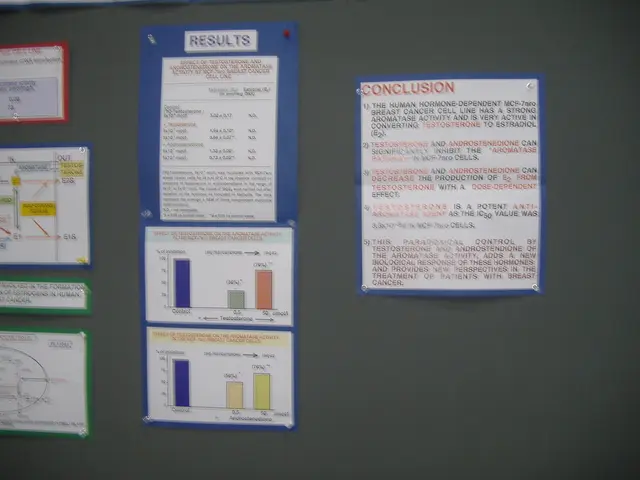U.S. swiftly removes Eurasian asylum-seekers from the country without proper consideration
Fresh Take:
It seems asylum-seekers hailing from six Eurasian countries – Georgia, Moldova, Kyrgyzstan, Russia, Tajikistan, and Uzbekistan – are apparently facing a unique challenge at the US-California border. According to reports from right-wing news outlets, these individuals are allegedly being subjected to expedited removal, while others from approximately 100 countries are supposedly allowed to continue entering the US and stay while their immigration status is determined.
While the reasons behind this targeted treatment remain unclear, it's essential to understand the broader context. Historically, expedited removal has been primarily applied to migrants apprehended near the border or those who have been in the country for a short period. However, the Trump administration aimed to broaden this process, making it applicable across the US, regardless of the length of stay or location of detention[1][5].
The ongoing attempts to expand expedited removal inland have faced legal challenges in California. A federal judge, for instance, halted the rapid removal of Guatemalan laborers, citing potential violations of their Fourth Amendment rights[1]. It's worth noting that the Department of Homeland Security has been issuing mass notices terminating parole and work permits for certain groups, potentially subjecting them to expedited removal if they fail to leave the country[2].
California, like other border states, is taking steps to protect immigrants through legislation and judicial rulings. For example, there are new requirements for migrants prior to removal and bills to safeguard vulnerable spaces like schools and hospitals[3][4]. However, it's essential to emphasize that the specific countries mentioned in this scenario might not be targets of country-specific policies, but rather part of broader enforcement strategies.
One factor that could contribute to a higher number of asylum-seekers from certain nations, such as Uzbekistan, is the popularity of the Mexican route for illicit entry into the US[6]. In December 2023, the US Embassy in Uzbekistan issued a statement warning citizens about the consequences of being caught at the US-Mexican border, emphasizing the closed nature of US borders to illegal migration and urging citizens to use safe and legal pathways[6].
Stay informed about any developments in this situation, as it's crucial to address issues affecting immigrants fairly and compassionately. Be sure to follow reliable news sources and legal updates to keep up with the latest information.
[1] Time, "California Federal Judge Blocks Trump's Plan to Rapidly Deport Immigrant Workers," 2019.[2] Migration Policy Institute, "DHS Issues Mass Notices Terminating Parole and Work Permits," 2020.[3] American Immigration Council, "California Strengthens Protections for Immigrants Impacted by COVID-19," 2020.[4] United Farm Workers Foundation, "California Legislation Protects Farmworkers from ICE Raids and Retaliation," 2019.[5] Cato Institute, "Expanding Expedited Removal Nationwide," 2019.[6] US Embassy Uzbekistan, "U.S. Borders are not Open to Illegal Migration," 2023.
Amidst the ongoing discussion about asylum-seekers at the US-California border, it's important to consider relevant news regarding various aspects, including travel, politics, and general-news. For instance, the expanse of expedited removal policies, legal challenges in California, and country-specific warnings for citizens attempting illegal entry, as seen with the US Embassy's statement in Uzbekistan, all fall under these categories. Staying informed about these developments and updates is essential in addressing issues affecting immigrants fairly and compassionately.








